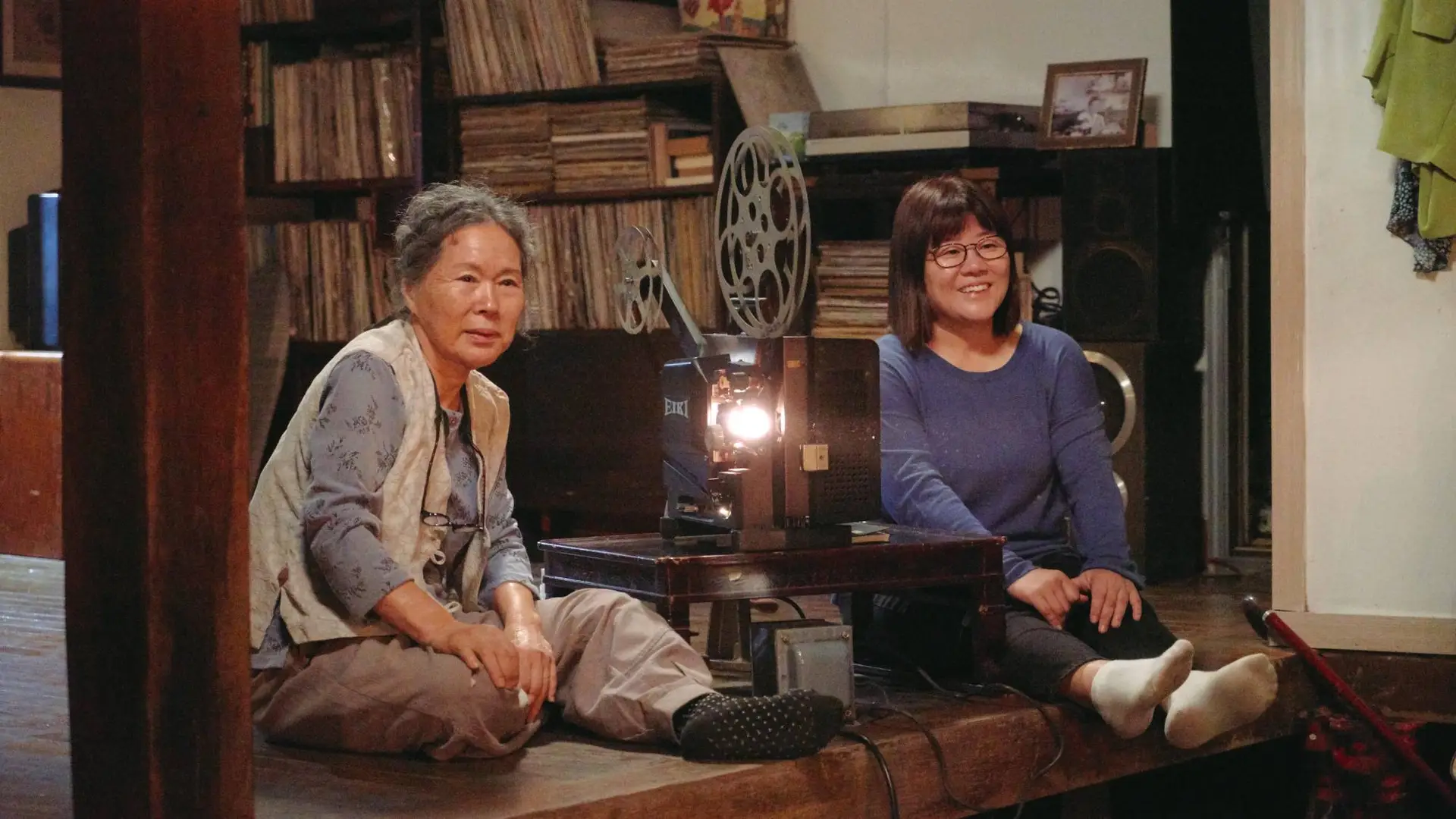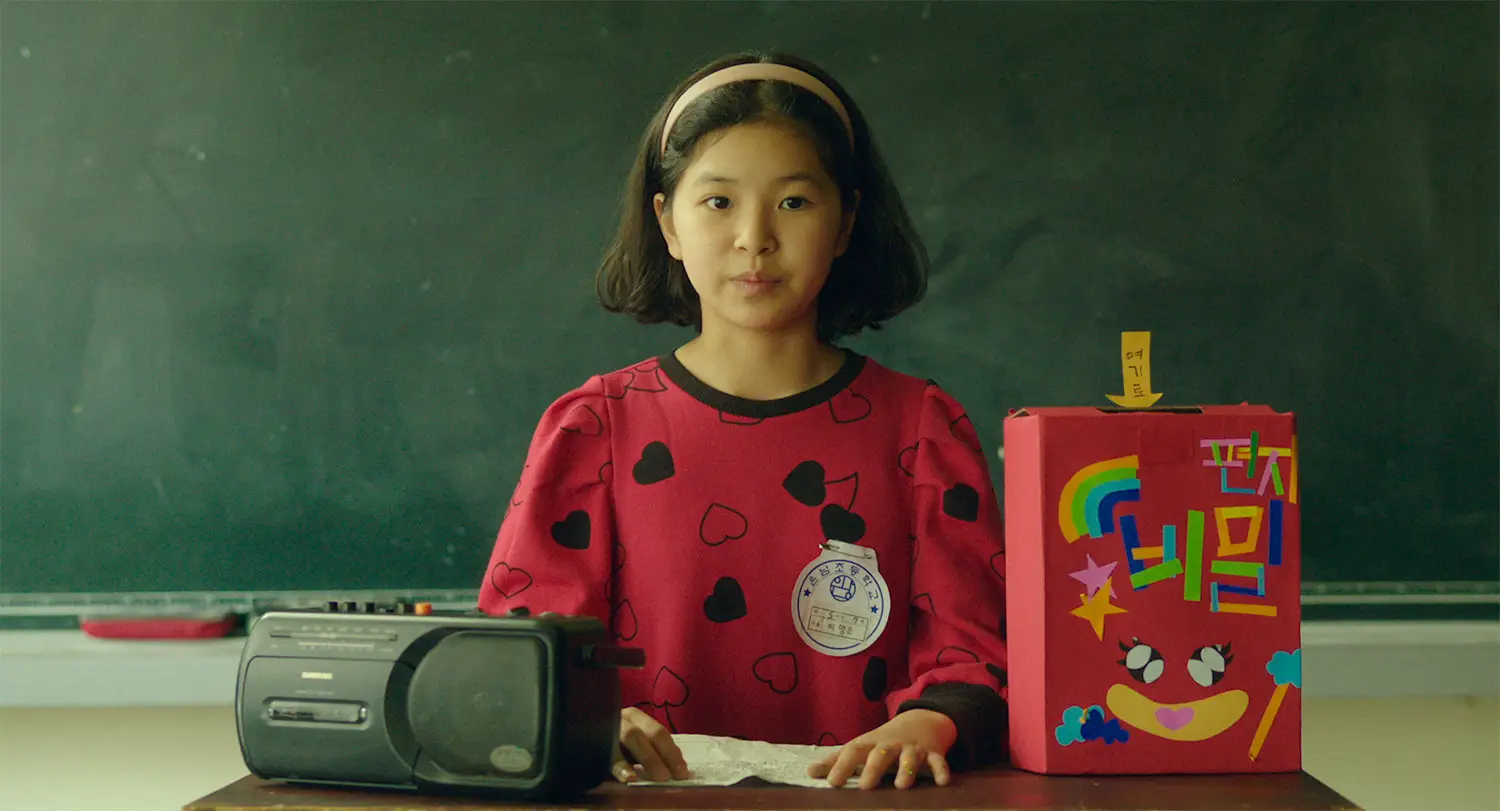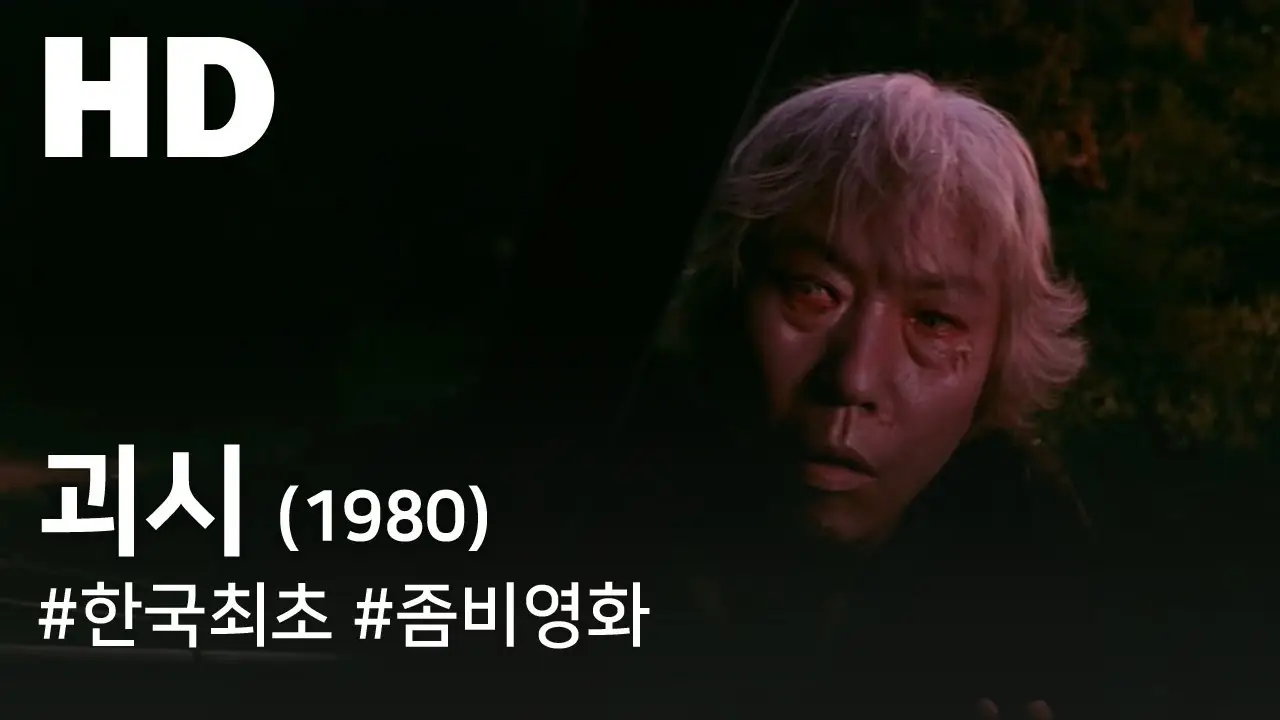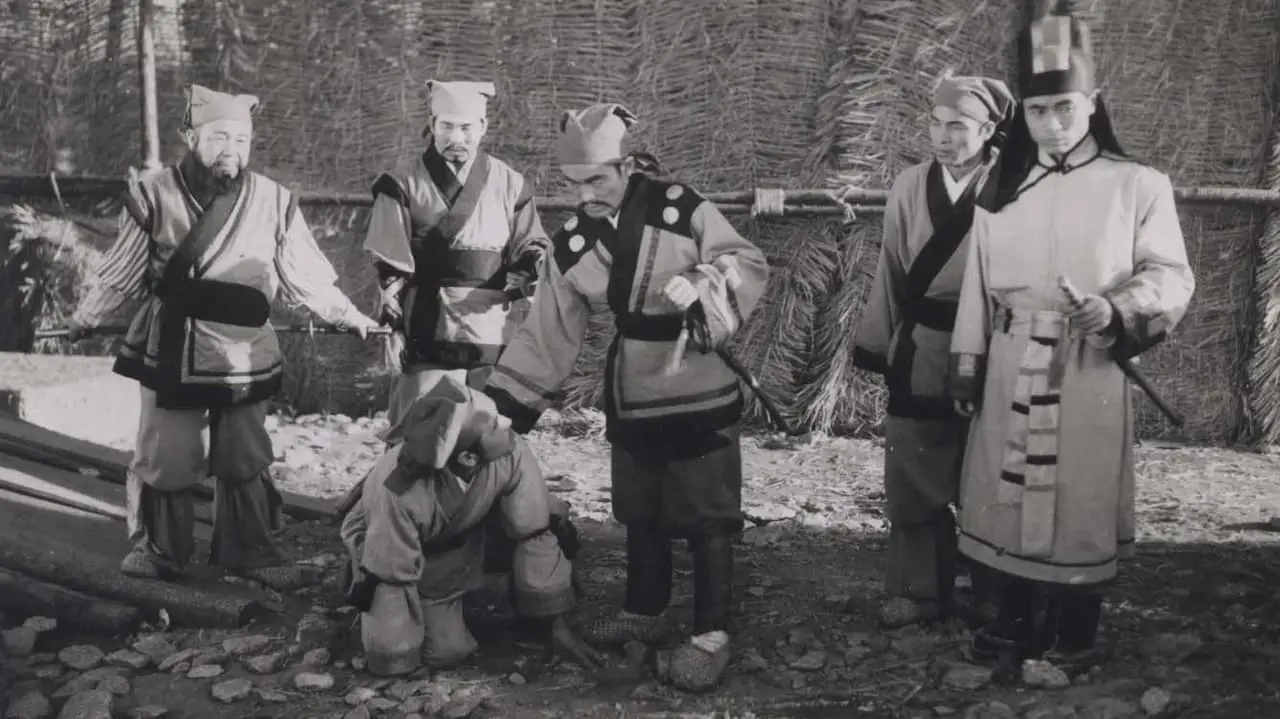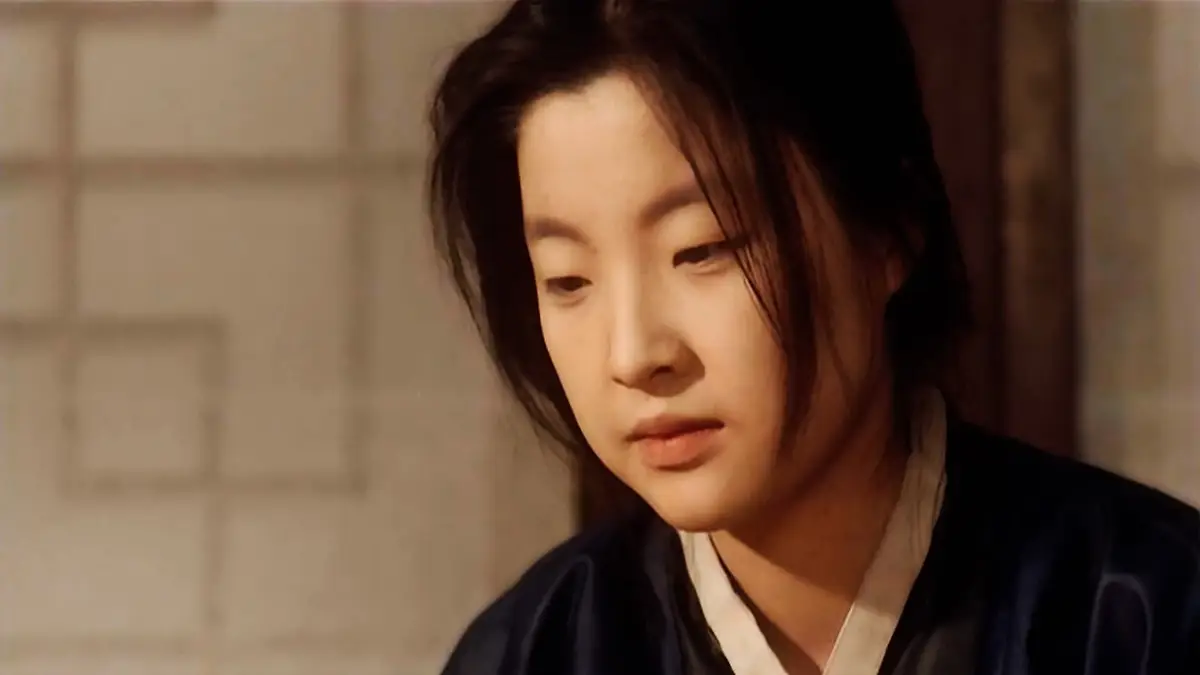Hommage (오마주) 2021
‘Hommage‘ (오마주) is a 2021 film directed by the talented Shin Su-won, featuring the compelling performance of Lee Jung-eun as Kim Ji-wan. Ji-wan is a struggling female movie director sinking into disappointment after her latest project, ‘Ghost Man’, fails to attract an audience. Hommage however fared much better, the film received significant acclaim on the festival circuit, debuting at the prestigious 34th Tokyo International Film Festival and capturing attention at festivals in Sydney, Glasgow, Jeonju, and Tribeca. Its artistic merit ultimately earns it the Jury Prize, the highest accolade at the 20th Florence Korean Film Festival. Shin Su-won and Lee Jung-eun received awards, both domestically and internationally in recognition of their work.
Kim Ji-wan, a middle-aged director under increasing pressure, grapples with the anxiety brought on by her film’s failure. Faced with mounting demands from her family and the looming threat of her production company’s closure, she teeters on the edge of abandoning her cherished dream in favour of a more secure, conventional lifestyle. However, a turning point arrives: a phone call inviting her to revive ‘A Woman Judge’, a pioneering film released in 1962 by Hong Eun-won, one of the only female directors in Korean cinema at the time – about the first female judge in Korea. The narrative explores Hong’s project and its significant personal and cultural impact, as sixty years later it inspires Ji-wan to keep swimming along.
The film intricately weaves Ji-wan’s journey as she confronts her relationships with her husband and son, who constantly push her to fulfil traditional roles as a devoted mother and wife, trying to relegate her dreams to the background. In stark contrast, her connection with one-time colleagues of Hong Eun-won transforms the restoration project into an invaluable source of motivation and purpose, guiding her toward self-discovery and creative revitalisation.
Visually, the film frequently depicts Ji-wan staring thoughtfully into mirrors, her expressions reflecting a sombre introspection as she grapples with her identity and aspirations. A recurring motif of swimming serves as a metaphor for her struggles – while other women glide effortlessly through the water, Ji-wan flounders, fighting against the currents, desperately thrashing to stay afloat and keep moving forward always comparing herself to others. Shadows dance across her path, symbolizing the enduring presence of Hong Eun-won in Ji-wan’s mind, creating a haunting echo of conversations that bridge past struggles with Ji-wan’s present realities.
As the narrative unfolds, Ji-wan’s experience as a middle-aged woman confronting the challenges of menopause and various health issues while trying to continue her work as a director comes to the forefront. Compounded by familial pressures to meet the traditional expectations of a housewife. The film also sheds light on the experiences of Hong Eun-won in the film industry during the 1960s. A striking moment occurs when Ji-wan, in disbelief, learns that a scene from ‘A Woman Judge‘ was cut due to a woman smoking, highlighting the absurdity of evolving societal norms.
The film delves into the efforts of the Korean Film Archive, whose mission is to safeguard and preserve significant cinematic works like ‘A Woman Judge‘ (check out their YouTube channel here). The intertwined narratives of Hong Eun-won and Kim Ji-wan present a vivid picture of the struggles faced by modern middle-aged women in their pursuit of cinematic dreams, echoing the societal judgments and constraints encountered by their predecessors decades ago. Through Ji-wan’s reflections, the film powerfully suggests that while progress has occurred since 1962, the fight against entrenched challenges continues.
